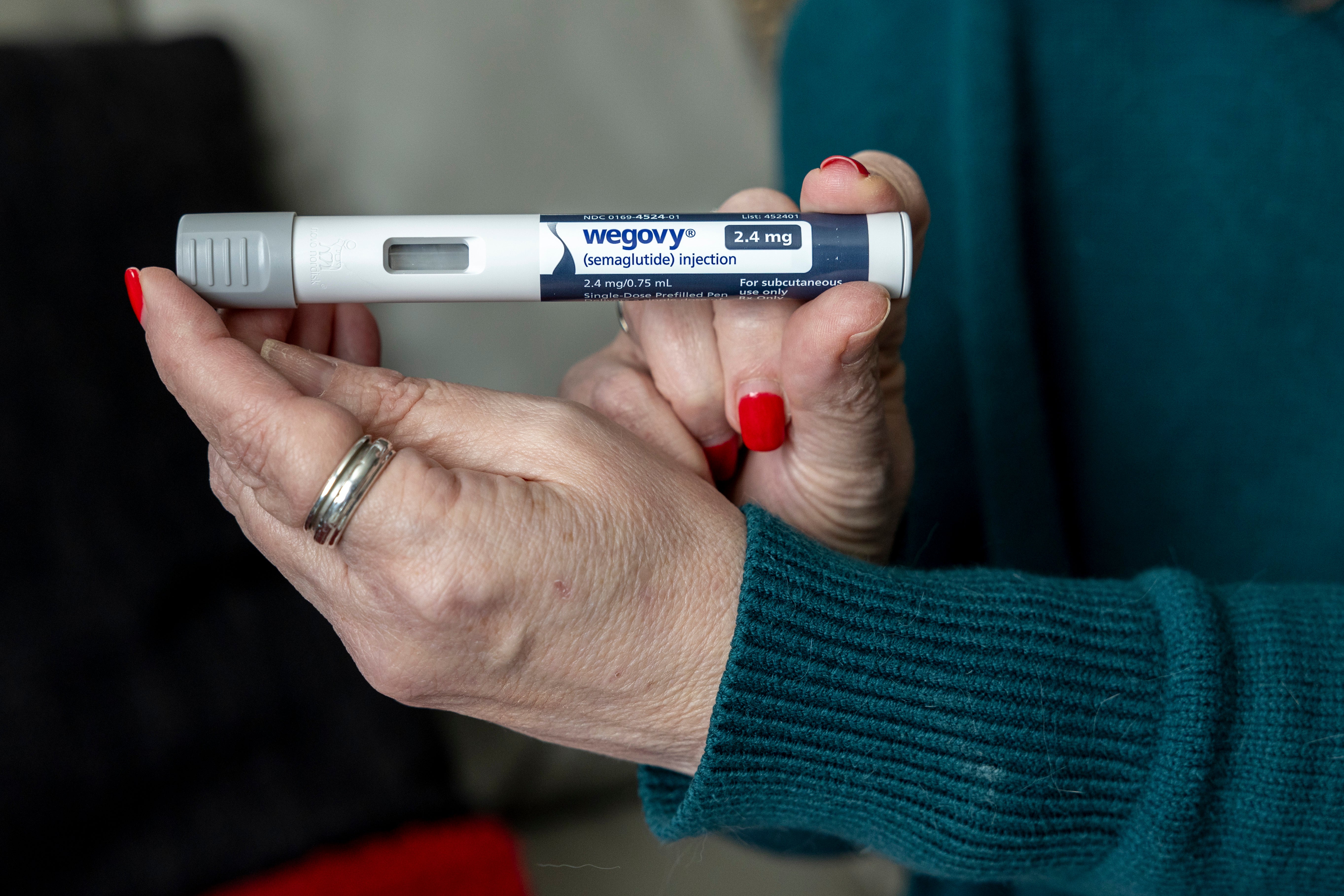EU concludes investigation into link between weight-loss drugs and suicidal thoughts
The analysis started after Iceland’s health regulator flagged three cases of patients thinking about suicide or self-harm

The European Union drug regulator has concluded its investigation into weight loss drugs, finding no evidence that they are linked to suicidal thoughts.
The regulator announced the results on Friday following a nine-month probe into the class of diabetes and weight-loss drugs such as Novo Nordisk’s hugely popular Wegovy.
After reviewing the available evidence, the European Medicines Agency (EMA)’s Pharmacovigilance Risk Assessment Committee, which monitors drugs’ side effects said that no updates to the product information is warranted.
The finding comes after EMA extended in December its review into the class of weight-loss and diabetes drugs known as GLP-1 receptor agonists, to get more data from drugmakers to further investigate the issue.
The analysis started in July after Iceland’s health regulator flagged three cases of patients thinking about suicide or self-harm after using Novo’s drugs. The review focused on medicines that contain either semaglutide or liraglutide, both GLP-1 targeting compounds.
Liraglutide is the active ingredient in Novo’s weight-loss treatment Saxenda while semaglutide is the active ingredient in Wegovy and top-selling diabetes treatment Ozempic.
EMA also analysed about 170 other case reports on suspected adverse reactions registered with the EU’s EudraVigilance database.

The US Food and Drug Administration’s preliminary review in January had found no link between GP-1 drugs and suicidal thoughts or actions.
GLP-1 receptor agonists, originally developed to help control blood sugar in patients with diabetes in Novo’s Nordisk’s Ozempic and Mounjaro developed by Eli Lilly, also slow digestion and reduce hunger.
What is Wegovy?
Wegovy, the brand name used for Semaglutide, is a weight loss drug developed and owned by Novo Nordisk. Semaglutide works in terms of weight loss by suppressing a person appetite.
The drug has also been marketed stateside under the name of Ozempic, which had been touted as the miracle celebrity weight loss drug. Novo Nordisk reported demand for the drug in the US had exceeded its current supply activity and it was forced to limit quantities.
Last year the National Institute for Care and Excellence recommended the use of Semaglutide – also known as Wegovy – for adults with a body mass index of 35 and over and one related health condition.
Ozempic, and Rybelsus (another brand name for Semaglutide) are also recommended by NICE for the use of people specifically those with type two diabetes for managing blood glucose levels.
Under the current rulings by the Medicines and Healthcare Products Regulatory Agency products containing Semalgutide are only available via prescription in the UK.
Join our commenting forum
Join thought-provoking conversations, follow other Independent readers and see their replies
Comments